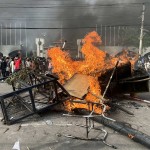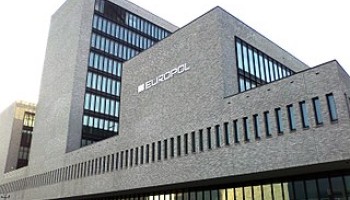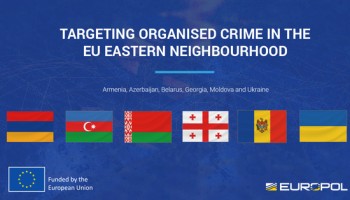 The enforcement agency held a conference in early December to discuss what it called Europe’s “unprecedented” drugs situation, with the industry expanding in scale and complexity in recent years.
The enforcement agency held a conference in early December to discuss what it called Europe’s “unprecedented” drugs situation, with the industry expanding in scale and complexity in recent years.
“Organised crime poses the highest and most diverse risk to the EU internal security and drug trafficking is the most prolific criminal activity,” said Europol’s Executive Director Catherine De Bolle.
“This situation demands a considerable increase in law enforcement attention and resources devoted to tackling those criminals involved in illicit production and trade,” she added.
The remaining two-thirds of organized crime groups focus on human trafficking, environmental crime and fraud, among others, according to a Europol report.
Importing drugs through shipping containers remains the predominant form of smuggling for organized crime groups, according to the statement.
“Europol sees a clear increase in drug supply and trafficking activities and the EU is not only a production hub for synthetic drugs but also a key market for cocaine,” it said.
For example, 1,117 kilograms of pure cocaine were recently found inside a case of bananas in a refrigerated container in the port of Gioia Tauro.
Europol also called on police to focus on high-profile criminal groups and have better coordination with South American and non-European authorities to catch drug shipments as they arrive.
The announcement comes on the heels of the agency’s drug markets report - published in late November - which estimated Europeans are annually spending 30 billion euros (US$33 billion) on drugs.
Roughly two-fifths of that figure is spent on marijuana, closely followed behind by cocaine.
“Organised crime groups are quick to seize new opportunities for financial gain and are increasingly exploiting technological and logistical innovations to expand their activities across international borders,” said Dimitris Avramopoulos, European Commissioner for Migration, Home Affairs and Citizenship.





